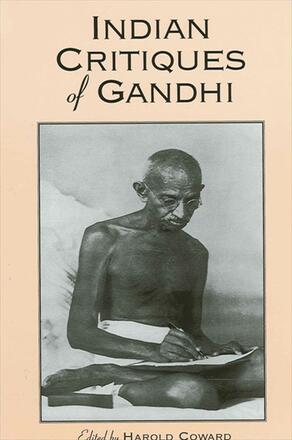
Indian Critiques of Gandhi
Alternative formats available from:
Through examinations of Gandhi's critics, both individuals and groups, this book shows the complexity of Indian society and opinion at the time of the Indian Independence Movement.
Description
Although Gandhi has been the subject of hundreds of books and an Oscar-winning film, there has been no sustained study of his engagement with major figures in the Indian Independence Movement who were often his critics from 1920–1948. This book fills that gap by examining the strengths and weaknesses of Gandhi's contribution to India as evidenced in the letters, speeches, and newspaper articles focused on the dialogue/debate between Gandhi and Jawaharlal Nehru, Rabindranath Tagore, Sri Aurobindo, Bhim Rao Ambedkar, Annie Besant, and C. F. Andrews. The book also covers key groups within India that Gandhi sought to incorporate into his Independence Movement—the Hindu Right, Muslims, Christians, and Sikhs—and analyzes Gandhi's ambiguous stance regarding the Hindi-Urdu question and its impact on the Independence struggle.
Harold Coward is Emeritus Professor of History and Fellow at the Centre for Studies in Religion and Society at the University of Victoria. He is the author or editor of many books, including most recently Yoga and Psychology: Language, Memory, and Mysticism, also published by SUNY Press.